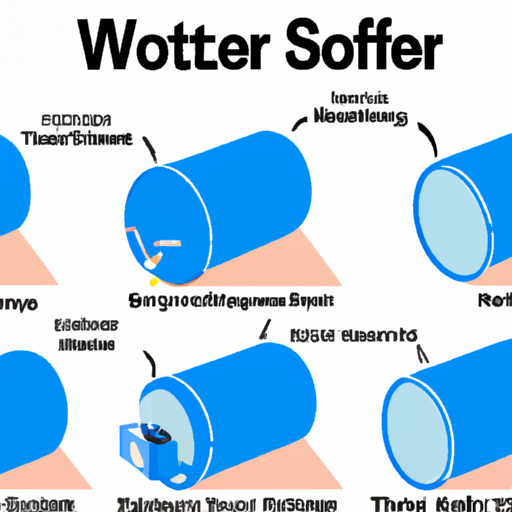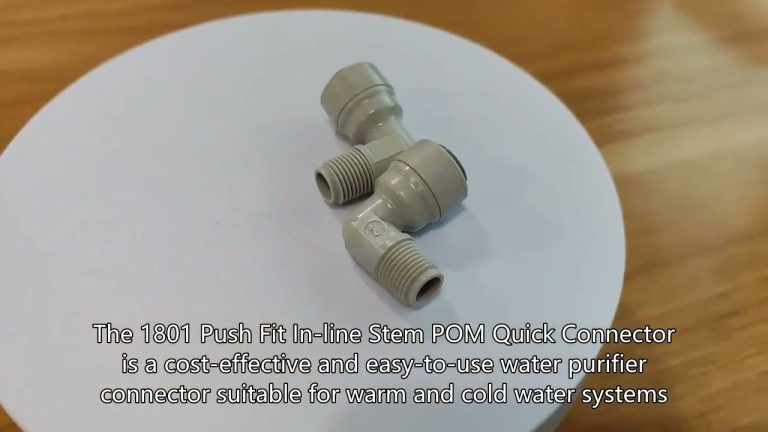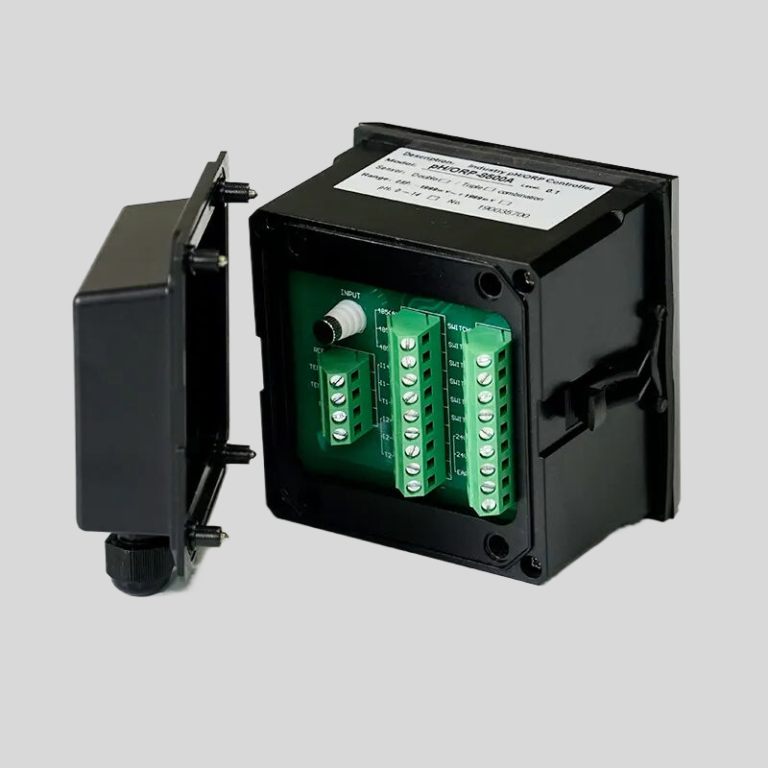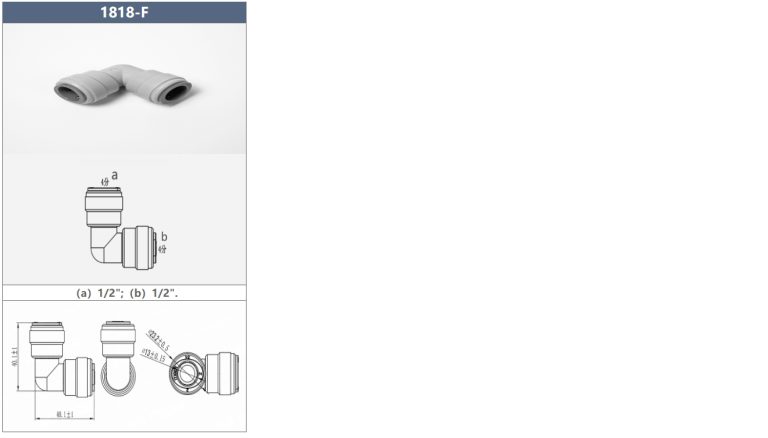“Transforming hard water into pure perfection.”
The Benefits of Using a Water Softener
Water is an essential resource that we rely on for various purposes in our daily lives. From drinking and cooking to cleaning and bathing, water plays a crucial role in maintaining our health and hygiene. However, not all water is created equal. Depending on its source, water can contain minerals and impurities that can have a negative impact on our appliances, plumbing, and even our skin and hair. This is where a water softener comes in.
A water softener is a device that is designed to remove minerals such as calcium and magnesium from water, making it “soft.” The process of water softening involves the use of a resin bed that attracts and removes these minerals through a process called ion exchange. As water passes through the resin bed, the calcium and magnesium ions are replaced with sodium ions, resulting in softened water.
One of the primary benefits of using a water softener is the protection it provides to our appliances and plumbing. Hard water, which is water that contains high levels of minerals, can cause a buildup of scale and mineral deposits in pipes, faucets, and appliances such as dishwashers and washing machines. Over time, this buildup can lead to clogs, reduced water flow, and even damage to the appliances themselves. By removing these minerals, a water softener helps to prevent scale buildup and prolong the lifespan of our appliances and plumbing.
In addition to protecting our appliances, a water softener also has benefits for our skin and hair. Hard water can leave a residue on our skin and hair, making it feel dry and dull. It can also cause irritation and exacerbate skin conditions such as eczema. Softened water, on the other hand, is gentler on the skin and hair, leaving them feeling softer and more hydrated. Many people notice a significant improvement in the condition of their skin and hair after switching to softened water.
Another advantage of using a water softener is the cost savings it can provide. Hard water can reduce the efficiency of appliances such as water heaters and dishwashers, leading to higher energy bills. By removing the minerals that cause scale buildup, a water softener helps these appliances to operate more efficiently, resulting in lower energy consumption and cost savings over time. Additionally, softened water requires less soap and detergent to create a lather, which can lead to savings on cleaning products.
| Model: Automatic softener Valve | ASDU2 -LCD/LED |
| Working Position | Service->Back Wash->Downflow Brine and slow rinse->Refill -> Fast rinse->Service. |
| Service->Back Wash->Upflow Brine and slow rinse->Refill -> Fast rinse->Service. | |
| Regeneration mode | Automatic type |
| Meter Delay | |
| Meter immediate | |
| Intelligent Meter Delay | |
| Intelligent Meter Immediate | |
| Timer by day : 0-99 days | |
| Timer by hours: 0-99 hours | |
| Inlet | 1/2” 3/4” 1” |
| Outlet | 1/2” 3/4” 1” |
| Drain | 1/2” |
| Base | 2-1/2” |
| Riser pipe | 1.05” OD |
| Water Capacity | 2m3/h |
| Working Pressure | 0.15-0.6Mpa |
| Working Temperature | 5-50 °C |
| Power Supply | AC100-240 / 50-60Hz / DC12V-1.5A |
Furthermore, softened water can also have aesthetic benefits. Hard water can leave spots and streaks on dishes, glasses, and shower doors, making them appear dirty and dull. Softened water, on the other hand, leaves surfaces cleaner and shinier, reducing the need for constant scrubbing and cleaning.

In conclusion, the benefits of using a water softener are numerous. From protecting our appliances and plumbing to improving the condition of our skin and hair, a water softener can have a positive impact on our daily lives. Additionally, the cost savings and aesthetic benefits make it a worthwhile investment. So, if you’re tired of dealing with the negative effects of hard water, consider installing a water softener and start enjoying the benefits of softened water today.






